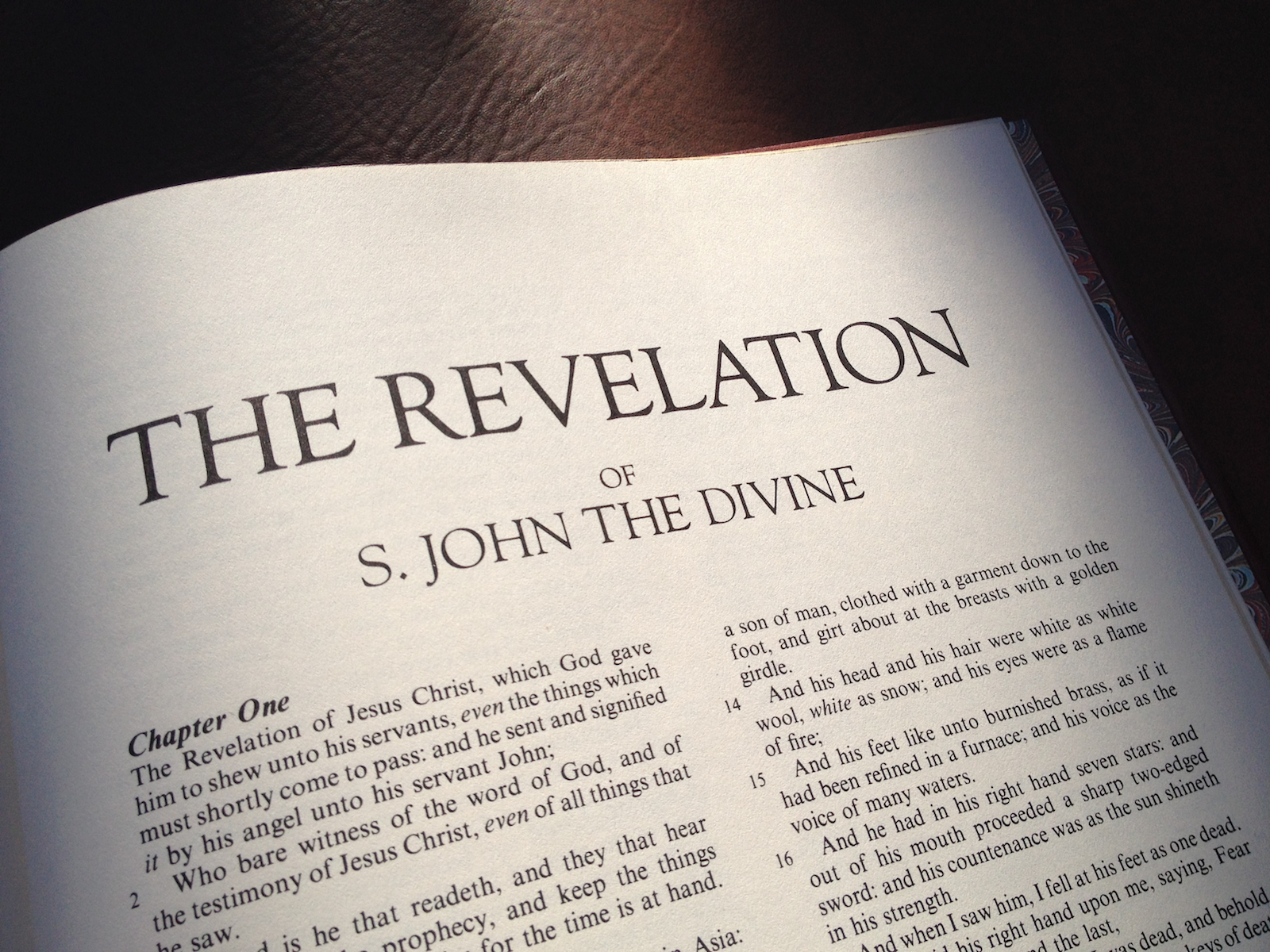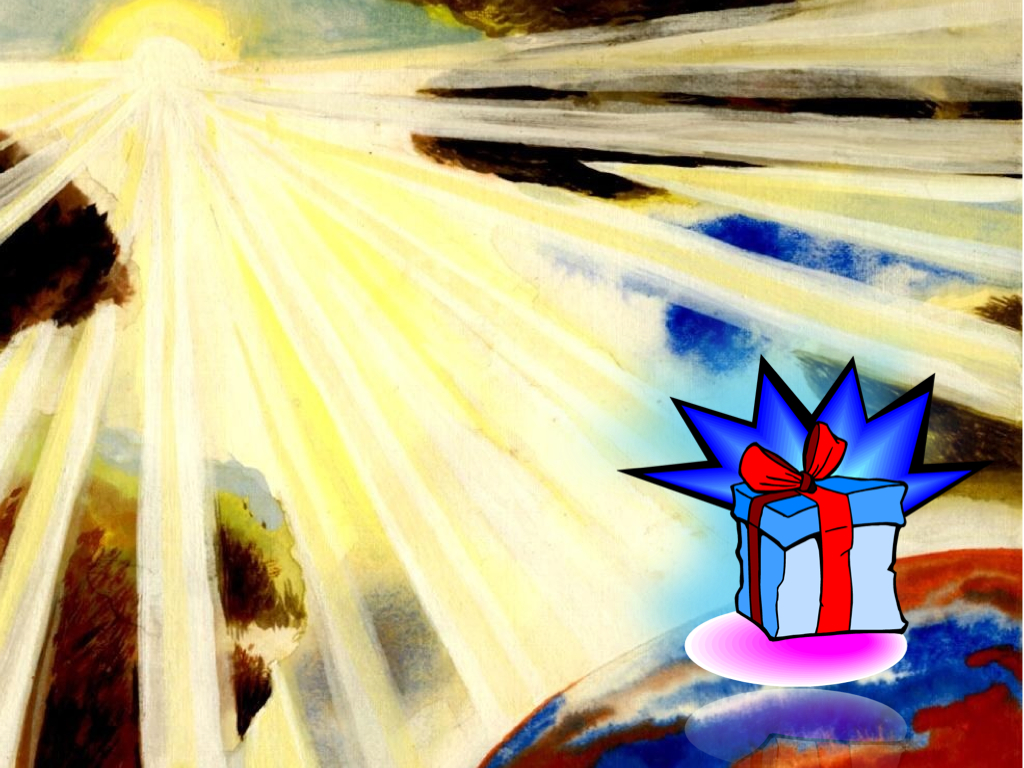Psalms 82:1, Elohim stands…the gods. This is a reference to Elohim acting as the Supreme Judge among his divine, heavenly council that carries out his orders. This is more than the traditional “Godhead,” and includes angelic and spirit beings, and even Satan himself. From time to time, Elohim gathers his council together as we see in Job (Job 1:6; 2:1). Even lying spirits are subject to and do the bidding of Elohim who presides over this council also referred to as the host of heaven (1 Kgs 22:19–23). Some of “Us” passages in the Scriptures, which have typically been attributed to the “Godhead,” likely also refer to this divine counsel (e.g. Gen 11:7; Ezek 44:6). This has been the view of ancient Jewish sages as well.
Modern biblical theologians have traditionally taken a non-supernaturalistic view of this passage by saying that the gods here refer to human rulers. While elohim may by definition and biblical usage refer to human rulers, this passage can’t be limited to this definition alone, since verse seven refers to these gods/elohim as “dying like men” as a result of Elohim’s divine judgment on them because of their wickedness. This threat makes little or no sense if it is referring only to human rulers. For the record, Yeshua quotes verse six in reference to human rulers (John 10:34; 14:30; 16:11), so this passage should not be taken to refer only to Elohim’s divine counsel or just to human rulers, but probably to both. This is because behind human rulers are evil spirits or principalities that govern the nations (Dan 10:20; Eph 6:12; Rev 13:2) all under the aegis of Satan who has his own kingdom (Matt 12:26) and is presently the ruler of this world (John 12:31); however, all of this is under the ultimate authority of YHVH Elohim.
The idea that there were and are unseen evil spirits and demi-gods that behind the scenes rule the nations of the world is revealed in the book of Enoch and is also found in traditional ancient Mesopotamian historical accounts and forms the basis for the ancient Greek mythos.
Additionally, we learn from Genesis chapter ten (the Table of the Nations) that, at that time, there were seventy nations of the world that rebelled against YHVH at the Tower of Babel (Gen 11). Interestingly, Jacob had 70 descendants who went down to Egypt (Exod 1:5) and who become children of Israel. From them, Moses chose 70 elders to rule over Israel (Exod 24:1), which would eventually became the Great Sanhedrin that ruled the Jewish people. YHVH then commissioned Israel to evangelize the apostate nations by being a spiritual light to them (Deut 4:5–8)—a task they utterly failed to perform. Picking up where ancient Israel failed in its mission, Yeshua chose 70 disciples not only to replace the Jewish Sanhedrin in spiritual authority over the people of Elohim, but to go forth and to preach the gospel to the 70 nations (Luke 10:1–12, 17; Acts 1:8 cp. Matt 28:18–20) that had been lost to the kingdom of Satan at the Tower of Babel, thereby to reclaim the world for the kingdom of Elohim at the devil’s expense.
Eventually, the glorified saints will become the sons of Elohim and will be adopted into his divine family as small E elohim (John 1:12; 1 John 3:1; Gal 3:26; Rom 8:14; Eph 1:5) to rule and reign with Elohim (Rev 1:6; 5:10; 20:6) over the new heavens and new earth, all to Satan’s chagrin and the small E elohim rulers in his present-day earthly kingdom, who will be cast into the lake of fire at the end of the age (Rev 20:10).
For those who have put their faith in Yeshua and who daily serve, love and obey him, get ready! Prepare for your spiritual destiny. Now is the time to gird up your spiritual loins and to prepare for the great and final showdown between Yeshua our soon-coming Messiah and Satan, the god of this world, where good will triumph over evil for the final time!





